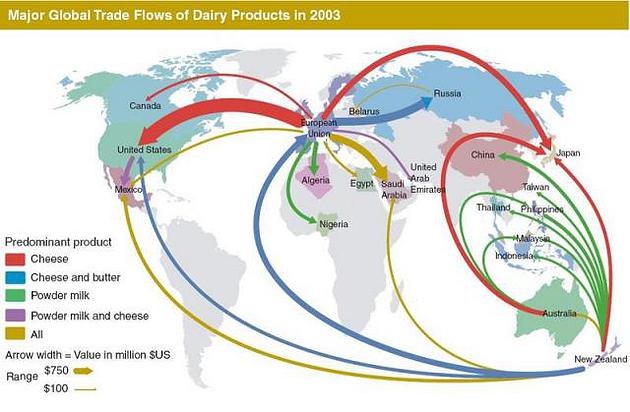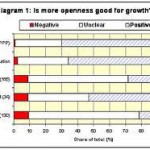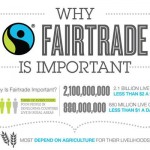
PIK & Fair Trade 1
Through the project, PIK aims the greatest achievement in Fair Trade – contributes to improve economy in Kenya
What is Fair Trade?
According to the WFTO, “Fair Trade is a trading partnership, based on dialogue, transparency and respect, that seeks greater equity in international trade. It contributes to sustainable development by offering better trading conditions to, and securing the rights of, marginalized producers and workers”(1).
Why Fair Trade?
Whilst trade highlights the need for change in the rules and practice of conventional trade it shows countries that a successful business can result in providing better lives for the local people (1). PIK aims to support underprivileged Kenyan women’s lives and contributes to develop Kenyan economy through improving trade – in order for Kenyan women to have better employment opportunities.
In 2009, the organization for Economic Co-operation and Development (OECD) states that “… economic growth is the most powerful tool the reduce poverty. And no country has successfully developed its economy by turning its back on international trade and long-term foreign direct investment” (2).
From a perspective, trade is seen that it has better economic development sources which make it as vital for some developing countries to tackle global poverty.
The positive effects of global trade include that;
*importing countries can take advantage of a far greater marketplace, so that developing countries could get new resources which possibly could develop its economy,
*exporting countries can get greater markets for their goods, so that they can possibly get higher incomes for the local workers which can result the countries to gain sustainable employment, and
*increase trade can lead trading countries to obtain higher growth in economic in a way that the incomes going to the governments will meet taxes – which can possibly benefits the countries to improve the structure of public services, such as roads, schools and hospitals.
Trading countries where met those benefits in their economy include parts of China, India, Bangladesh, Singapore, South Korea, Chile and Malaysia (2)- those countries have successfully reduced poverty due to their greater achievement in global trading. Getting benefits from trading to economy lead these countries to against external shocks, like the Global Financial Crisis (3).
Moreover, trade countries with higher imports can get benefits from gaining more kinds of food, clothing and manufactured goods – those imports; especially manufactured goods would build new technology ideas in the countries, in which it would create greater employments that one of essentials for greater economy development (1).
Indeed, expanding technology ideas does contribute developing countries to develop the economy. For example, Nairobi, a part of Kenya where has greater connections with developed countries has developed its economy with newer technology than any other areas in Kenya or East African countries (4).
In fact, PIK’s mother members in rural areas believe that there are better employment and education opportunities in the capital city, Nairobi – thus they dream to send their children to get to universities in Nairobi to ensure their brighter future.
Accordingly, trade seems as more beneficial to help tackle global poverty than aid. Whilst aid includes the politics of whether or not weak governments or the priorities of donors which usually is the hardest parts- getting foreign donors to developing countries, trade is just base one local workers’ ability to supply products for the markets. Therefore, the countries where have established global trade as a part of their economy, the workers would get ability to produce more incomes and that develops the economy better.
1 WFTO, what is Fair Trade? (2009): http://www.wfto.com/index.php?option=com_content&task=view&id=1&Itemid=13
2 OECD Journal on Development, Trading out of poverty: how aid for trade can help (2009): http://www.oecd.org/dac/aft/43242586.pdf
3 The Wall Street Journal, Developing countries need trade (2009): http://www.truthabouttrade.org/2009/07/07/developing-countries-need-trade/; The World Bank, Globalization, growth and poverty (2002): http://www-wds.worldbank.org/external/default/WDSContentServer/IW3P/IB/2002/02/16/000094946_0202020411335/additional/310436360_20050007015459.pdf
4 City Data, Nairobi, Economy (2008): http://www.city-data.com/world-cities/Nairobi-Economy.html




